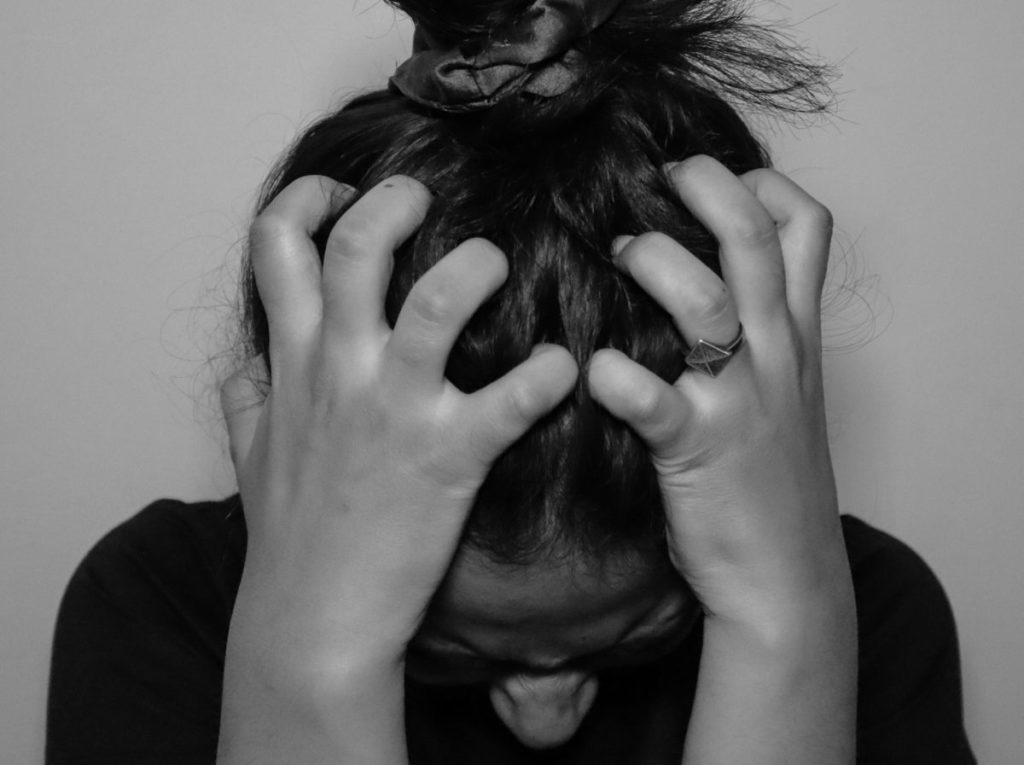
You probably don’t need research to tell you that women are angry.
But Gallup polling has laid it out for us all the same. For the past 16 years, Gallup has published the results of an international survey on emotional wellness in its Global Emotions Report. Over 120,000 people from more than 122 countries are invited to participate.
This year, the global research firm’s annual survey revealed that people of all genders are feeling sadder, more worried and more stressed than ever. “Many things make people unhappy, but there are five significant contributors to the rise of global unhappiness: poverty, bad communities, hunger, loneliness and the scarcity of good work,” Gallup CEO Jon Clifton wrote.
In that context, this next bit is unsurprising: When the BBC collated reports of Gallup’s international emotional assessments from the past decade, they found that women, specifically, are getting angrier as time goes on – and report being 6% angrier than men.
The gender divide on anger between men and women began a decade ago, but notably grew during Covid pandemic lockdowns, the BBC reports.
That’s likely because women bore the brunt of both increased domestic responsibilities and pandemic-induced economic struggles – and continue to do so to this day. “I’m a mom of two young kids who was working from home and there was just this intense, low-grade frustration that was building to complete rage,” therapist Sarah Harmon told the BBC. To cope, she gathered female clients in an open field so that they could – literally – scream together.
Compounding the problem is the fact that “we have a sex-segregated labor market,” author Soraya Chemaly added to the news organization, pointing out that jobs in women-dominated fields like caregiving often come with fewer protections, lower pay and higher rates of burnout.
Caregivers “register very high levels of repressed, suppressed and diverted anger. And it has a lot to do with being expected to work tirelessly,” Chemaly says. “And with no kind of legitimate boundaries.”
All of that said, some see a silver lining – that women are expressing their rage in the first place. “You need rage and anger,” Ginette Azcona at UN Women said to the BBC. “Sometimes you need these, to shake things up … and have people pay attention and listen.”



